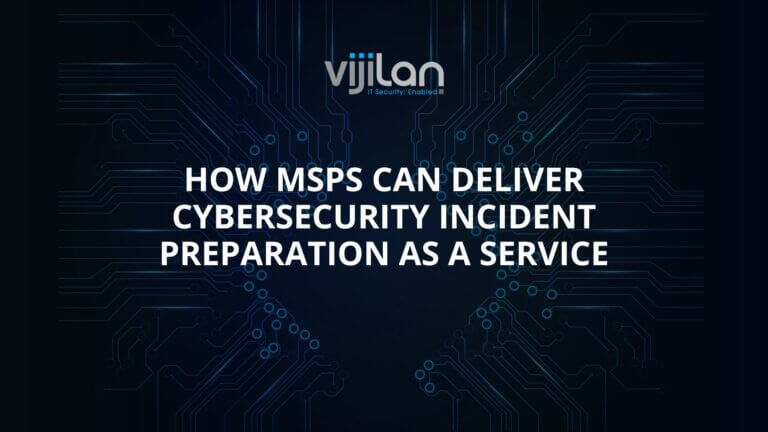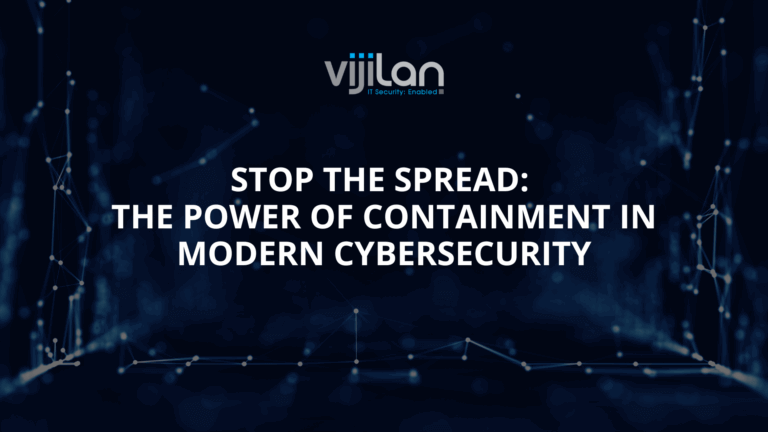In Australia, businesses, individuals and nonprofits must comply with the EU’s GDPR, as well as the Australia Privacy Act, which regulates data privacy and protection for all of their citizens.
These laws promote and protect the privacy of individuals and regulate how Australian Government agencies and organisations handle personal information. The Privacy Act also regulates the privacy component of the consumer credit reporting system, tax file numbers, and health and medical research.
What this means for Australian businesses and their cybersecurity?
Protecting a businesses clients personal identity and data safe from cybercriminals, is not only smart .. It is the law in Australia. But with the IT security landscape evolving in a myriad of ways, many businesses struggle to hire and retain people with the skills and knowledge needed to counter cyber criminals and protect their clients and customers cyber security
Often, responsibility for security is simply handed to the existing IT team, making it one more thing on their already crowded to-do list. They’re expected to stay one step ahead of the cyber criminals while also managing all other technology aspects within the organisation. It’s a tough task.
That is why many Australian businesses opt to utilise a Managed Service Provider (MSP) like Vijilan Security
Acting as an extension of internal resources, an MSP cyber security can offer support and assistance with anything from servers and client devices to networks and cloud resources.
However, things are different when it comes to security. Threats are changing so quickly that it requires specialist knowledge and experience to keep up. For a company to be fully protected, a business needs 24/7 access to these specialists who can offer advice and guidance and ensure suitable protective measures are in place.
1. Depth of expertise
To achieve effective IT security, an organisation needs access to individuals who have appropriate certification and training as well as real-world experience. It’s not sufficient to simply use an IT generalist as they are unlikely to provide the level of security guidance and support that a business requires.
2. Breadth of expertise
The technology landscape comprises a range of complex components, each of which requires particular knowledge and skills. A business needs subject-matter experts who can cover everything from IT strategy to Windows servers, networking, IaaS, SaaS, database security, applications, APIs and endpoints. When you add security to this mix, things become even more challenging.
Indeed, many businesses simply won’t have the resources required to support a team with all these skills. Also, it can be tough for in-house staff to maintain their skills in what is a rapidly evolving area. Even if such a team can be created, knowledge and skills quickly go out of date, potentially exposing the business to risk.
A better approach is to make use of the skills offered by an MSSP which has staff totally focused on security and on the steps needed to enhance it.
3. Experience multiplication
MSSP staff also apply their skills across multiple organisations, which helps them to remain sharp and be aware of how different infrastructures need to be protected. Other clients can benefit from this experience which will simply not be available from an in-house team.
4. Removing conflict of interest
Some MSPs claim to be able to also handle an organisation’s IT security, however it’s highly unlikely they’ll have the depth or breadth of skill required to do this effectively. Just because you are interested in something doesn’t mean you have the expertise to do it.
Having both an MSP and an MSSP allows a clear demarcation of responsibilities and ensures an MSP has no conflict of interest when it comes to protecting their position. Each party can add value to the client in pre-agreed ways.
5. Access to platforms that are ready to be consumed
An MSSP can provide clients with access to hosted platforms that are already fully functional. This can remove the need for an organisation to invest significant capital in tools and hardware which then needs to be deployed, configured and maintained.
6. Economies of scale
The adage “don’t reinvent the wheel” is particularly relevant when looking at managed IT security. If a business opts to use a managed SIEM provided by an MSSP, for example, they can essentially remove around 80 per cent of the effort required to have it operational. Because the platform is shared by multiple clients, just the final 20 per cent will need to be configured for each client’s particular circumstances.
WHY Australian MSP’S ARE MOVING TO VIJILAN
Vijilan gives MSP’s access to cost-effective managed services cyber security as well as strengthens its security network. Services include managed intrusion detection, firewall, virtual private network, antiviral services and vulnerability scanning. Vijilan provides 24/7 services designed to reduce the number of operational security personnel an MSP needs to hire, train and retain to maintain an acceptable security posture.
For these reasons, making use of an experienced MSP like Vijilan can deliver significant value to a business. You can be confident that you are receiving the best possible advice on security and have in place the software and services needed to ward off threats. You can be certain that you are helping your clients by being compliant with Australian regulations.





